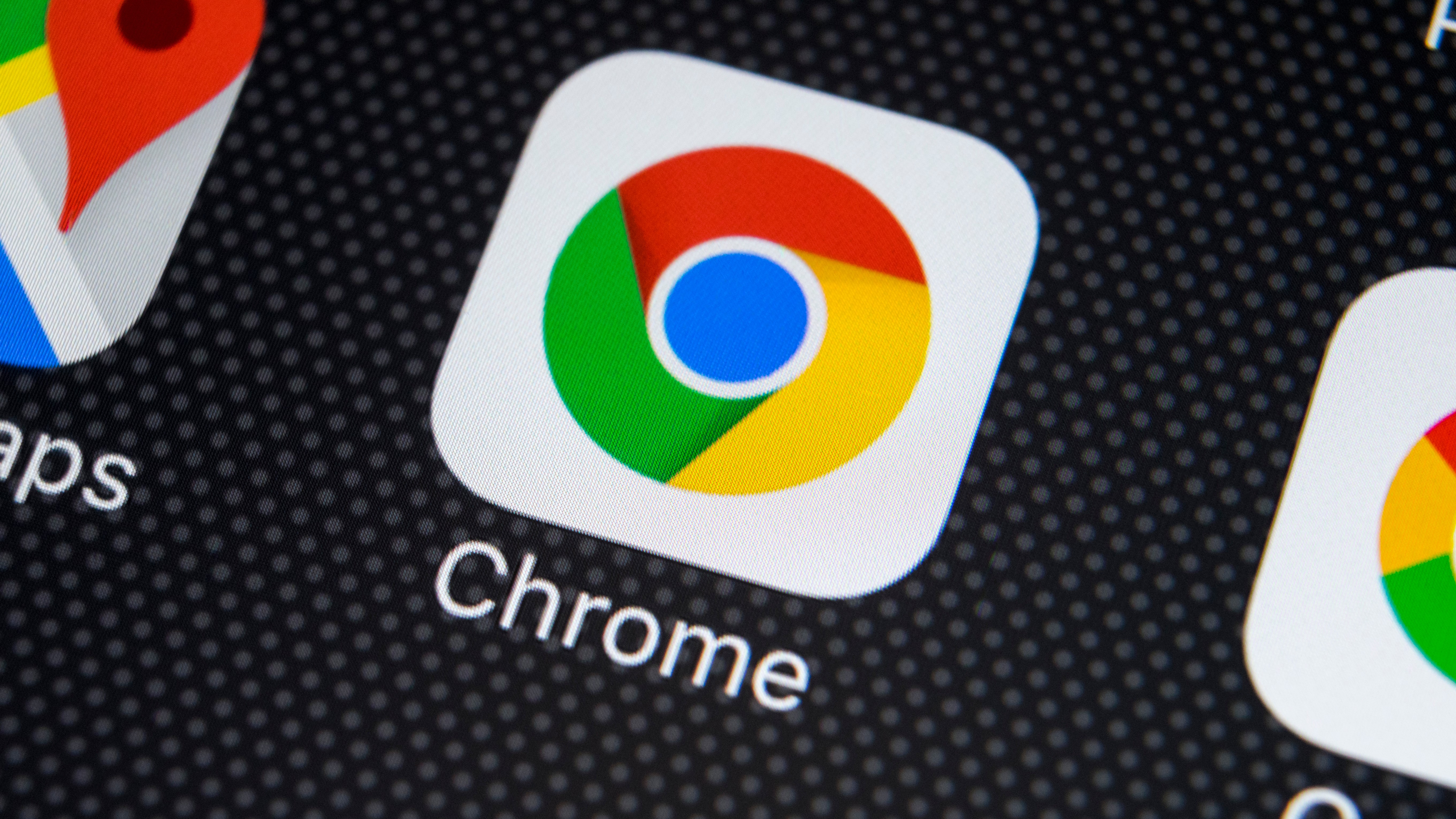Chrome 86 update promises huge increase in battery life thanks to this neat trick
Throttling JavaScript timers could significantly boost the battery life of devices running Chrome

Google appears to finally be addressing the issue of how much battery life Chrome uses in a new update.
Google's Chromium team is currently experimenting with limiting the frequency of power-hungry JavaScript timers for the upcoming release of Chrome 86.
The upgrade could benefit users across all platforms, helping Mac and PC users alike to see improved performance when using Google Chrome
- Google's upcoming changes to Chrome will save your phone's battery
- Windows 10 will finally fix Chrome’s biggest problem
- Google is bringing Windows and Microsoft Office to Chrome OS
In a document titled “Throttling JavaScript Timers to Reduce Battery Usage in Background Tabs”, the Chromium team explains how developers often misuse JavaScript timers, saying:
“We used Devtools to inspect the work done by popular sites in the background. We found that a lot of work was done from JavaScript timers. Furthermore, we found that the work done from these Javascript timers was often not valuable to the user when the page was backgrounded (e.g. checking if scroll position changed, reporting logs, analyzing interactions with ads).”
The Chromium team's experiments began after it made the hypothesis that reducing the number of wake ups from JavaScript timers in backgrounded pages could extend battery life without negatively affecting the user experience of Chrome.
JavaScript timers
Currently the wake ups in background pages in Chrome are limited to one wake up per second and around one percent of CPU usage. However, to improve battery life the Chromium team conducted experiments where these wake ups were limited to just one per minute.
Sign up to the TechRadar Pro newsletter to get all the top news, opinion, features and guidance your business needs to succeed!
They ran one experiment on Chrome with 36 background tabs and the about:blank tab in the foreground as well as a second experiment with 36 background tabs and YouTube in the foreground playing a fullscreen video to test their hypothesis. In both experiments, the background tabs included popular sites such as Twitter, Gmail, Amazon and Best Buy.
To conduct their tests, the Chromium team used a MacBook Pro from 2018 and measured how long it took to drain the device's battery on Chrome with no throttling, Chrome with throttling and Safari 13.1. Even when throttling was enabled in Chrome, the device's battery drained faster than when the tests were done using Safari. However, with throttling enabled, Chrome was much closer to Safari in terms of its impact on battery life than before. During the team's YouTube tests, limiting JavaScript timers aggressively extended the MacBook's battery life by almost 36 minutes or around 13 percent.
End users are always looking to get a bit more battery life out of their devices and Google's Chromium team has found a way to accomplish this without negatively affecting Chrome's user experience.
- These are the best browsers available now
Via ZDNet
After working with the TechRadar Pro team for the last several years, Anthony is now the security and networking editor at Tom’s Guide where he covers everything from data breaches and ransomware gangs to the best way to cover your whole home or business with Wi-Fi. When not writing, you can find him tinkering with PCs and game consoles, managing cables and upgrading his smart home.
